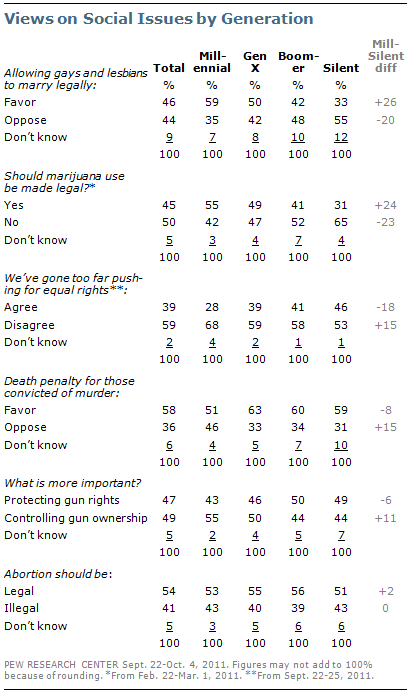Questions about William Shakespeare’s identity have been floating around since the 19th century with guesses as varied as Francis Bacon and Christopher Marlowe. In 2007 Time Magazine reported on the public emergence of some 300 Shakespeare skeptics asking to be taken seriously. Among the signatories to that 2007 “Declaration of Reasonable Doubt” was Shakespearian actor Derek Jacobi who gives the prologue and epilogue that frame the story of Anonymous.
Opening near the end of Queen Elizabeth I’s reign, we’re rapidly introduced to a wide cast of characters, both noble and not, including playwrite Ben Jonson (Sebastian Armesto) who is plucked out of near obscurity by Edward de Vere (Rhys Ifans), the 17th Earl of Oxford, who chooses Jonson to serve has his theatrical beard paying the struggling playwrite handsomely to present de Vere’s plays as his own.
Both the backstory and the current struggles to position the correct man to inherit the throne from a rapidly decaying Elizabeth (Vanessa Redgrave) intertwine with the political nature of de Vere’s plays.
Taken in by William Cecil (David Thewlis) after his father’s death, the young de Vere (Jamie Campbell Bower) agrees to marry Cecil’s only daughter as part of the price for covering up the killing of a houseman the Puritan Cecil had sent to de Vere’s chambers to find out if the young man was, indeed, composing plays and poems in defiance of Cecil’s wishes.
Young de Vere catches the eye of a younger Elizabeth (played in a wonderful bit of casting by Redgrave’s daughter Joely Richardson) leading to a torrid affair which results in the Queen’s pregnancy. Shunned for reasons not known to him when she is sent off to have the child away from the court’s prying eyes, de Vere begins a revenge affair with one of the Queen’s maids only to be exposed upon her return to London and banished from court for the remainder of his life. Before returning to his wife, de Vere manages to pry out of William Cecil information about his offspring, the Earl of Southampton (Xavier Samuel) who in the film’s current time line allies himself with the Earl of Essex (Sam Reid) in his bid for Elizabeth’s throne.
Jonson, meanwhile, has an attack of conscience revealing to a middling theater actor named William Shakespeare (Rafe Spall) that he is just the front for the aristocrat who has actually penned the first brilliant play, Henry V, staged. Shakespeare, seizing the moment, steps into the spotlight as the groundlings call for the playwrite setting in motion what we are to believe is the biggest literary fraud ever perpetrated on the world.
Tensions mount as more of de Vere’s plays are staged and Robert Cecil (Edward Hogg), the hunchbacked son of William, takes over as Elizabeth’s closest advisor after his father’s death. Maneuvering to have both the Earl of Essex and the Earl of Southampton eliminated in favor of his candidate for King, James of Scotland, Cecil manipulates de Vere with the unwitting help of Ben Johnson.
The outcome of the story is, of course, known: James of Scotland becomes James I of England, Scotland, and Wales, William Shakespeare becomes the greatest author who ever lived, and Ben Jonson becomes England’s first Poet Laureate. While Anonymous makes an interesting case that Edward de Vere was the true author behind the words we attribute to William Shakespeare the movie also posits one stunning, unbelievable fact that can’t be revealed without spoiling the end of the film; the timing along strains credulity.
Anonymous is beautifully crafted and acted and a grown-up intellectual exercise into one of literary history’s greatest mysteries.





